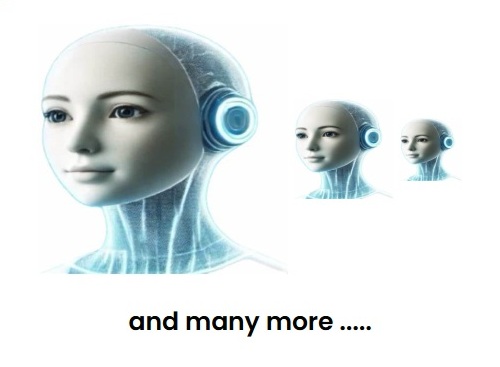
Virtual AI Assistants have revolutionized the way we provide care, support, and connectivity in our daily lives. Seamlessly blending advanced conversational AI with practical applications, these intelligent systems are reshaping eldercare and personal assistance.
We offer two options ( by carousel or images ) to reach your Virtual Assistant.
2. Select below Images :
* Images : A ( Elderly Care Seekers at home )
* Ensure you scroll down to :
Images : B ( Elderly Care Seekers in Residential Care Facilities )
(Note : If you do not find a specific area/field, contact email : info@au.eldercare.services)
1. Independent elderly with a light need for care
• This group of elderly people is generally still independent, but can occasionally use help with, for example, housework, grocery shopping, or receiving home care. This often concerns elderly people who continue to live in their own home, but do use support services such as meal delivery, household help or guidance.
2. Elderly with physical care needs
• These seniors often have chronic conditions, physical limitations, or loss of mobility. They may need assistance with activities of daily living such as dressing, showering, or walking. Those in this category often use home care or live in a nursing home.
1. Personalized Care & Health Monitoring :
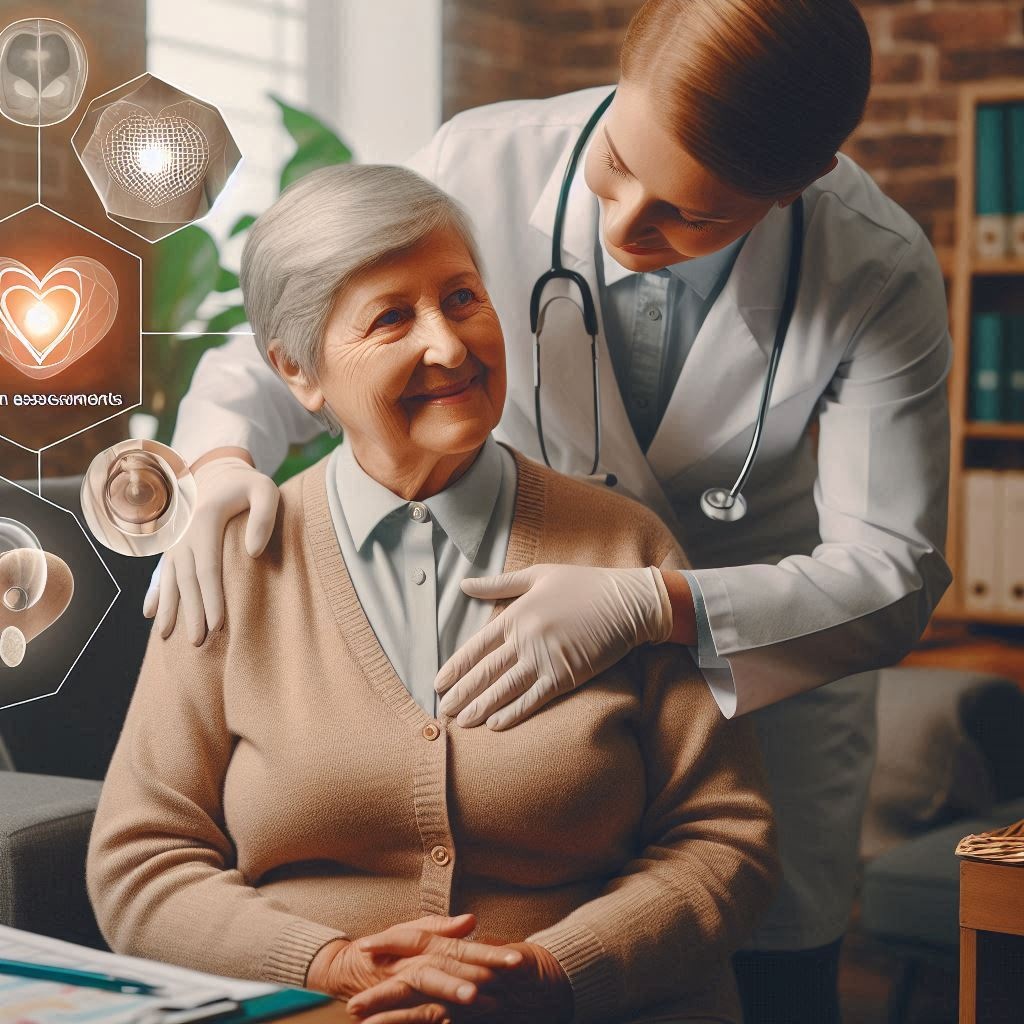


2. Enhanced Communication & Social Engagement :
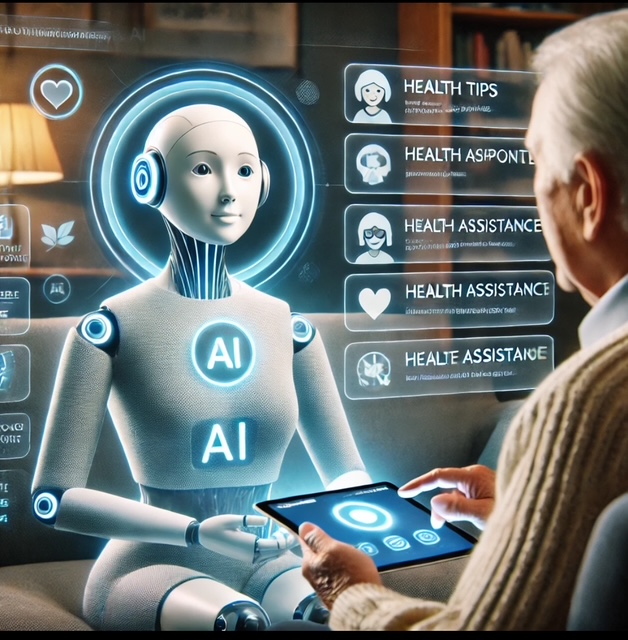
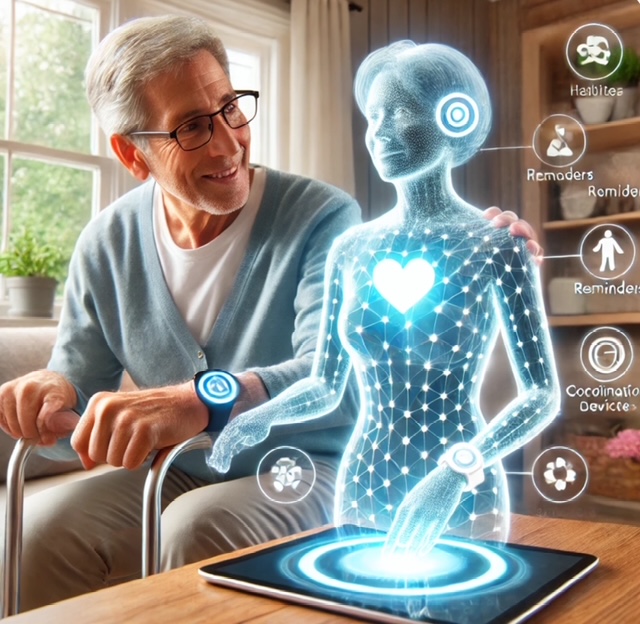
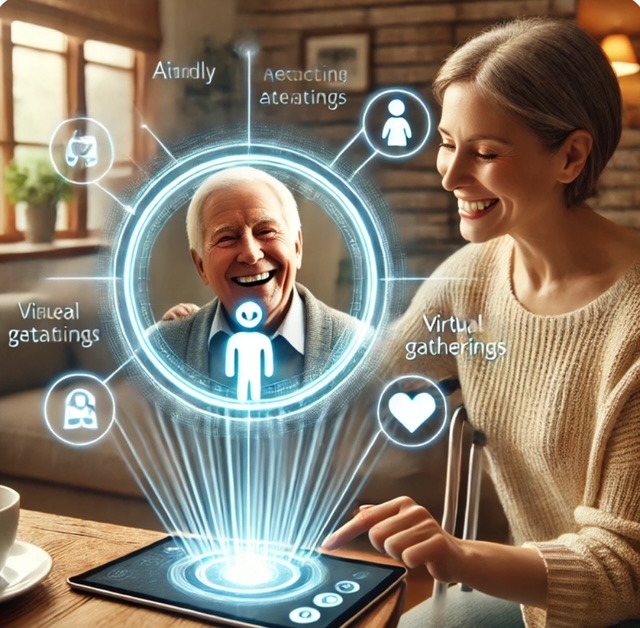
3. Cognitive & Mental Health Support :



4. Operational Efficiency & Staff Support :
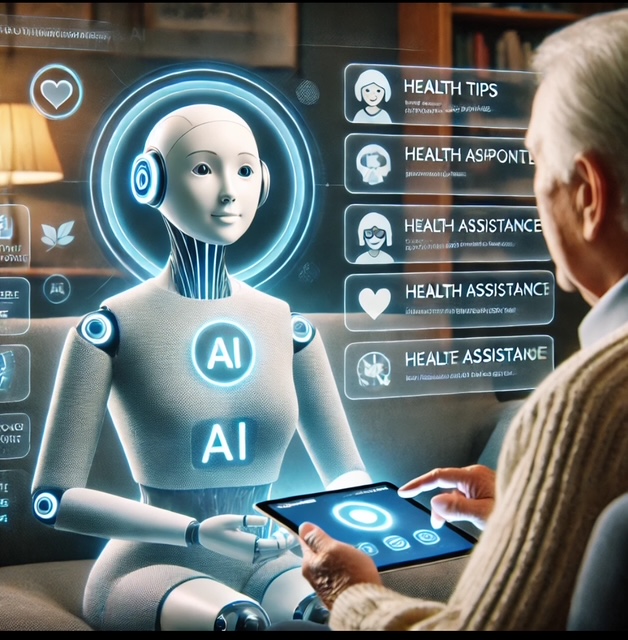

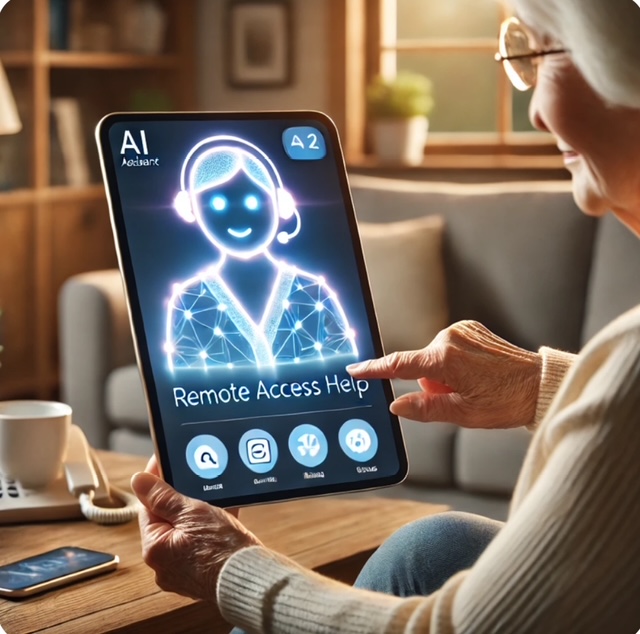
5. Safety & Security Enhancements :
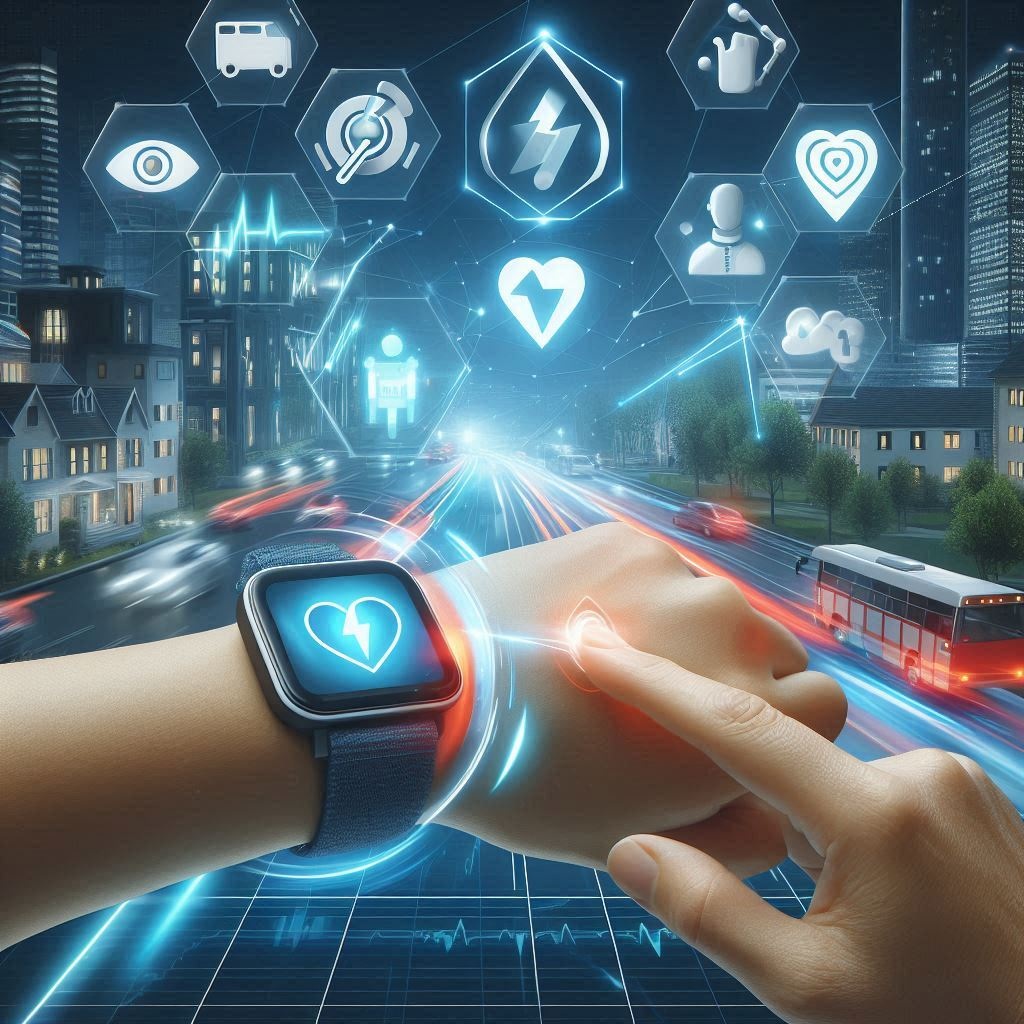

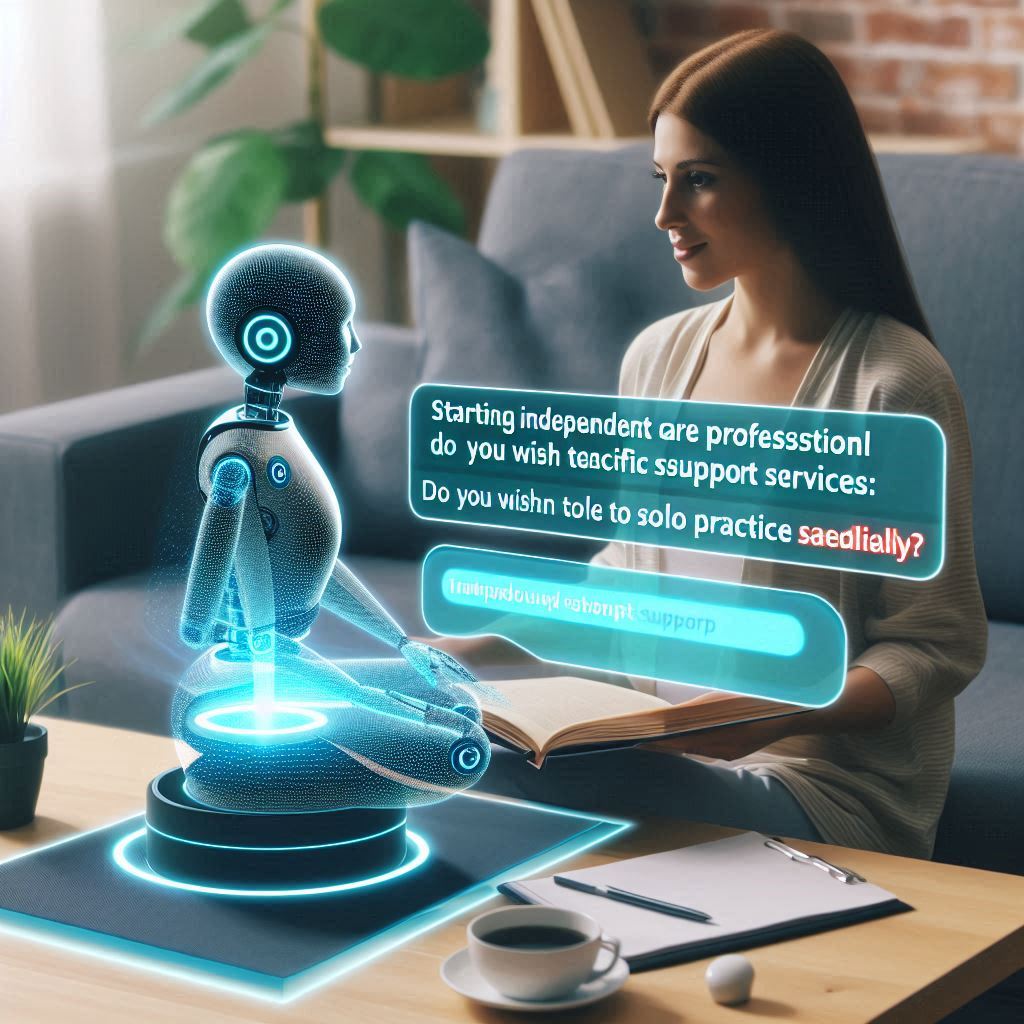
6. Transitional & End-of-Life Care Palliative support services :
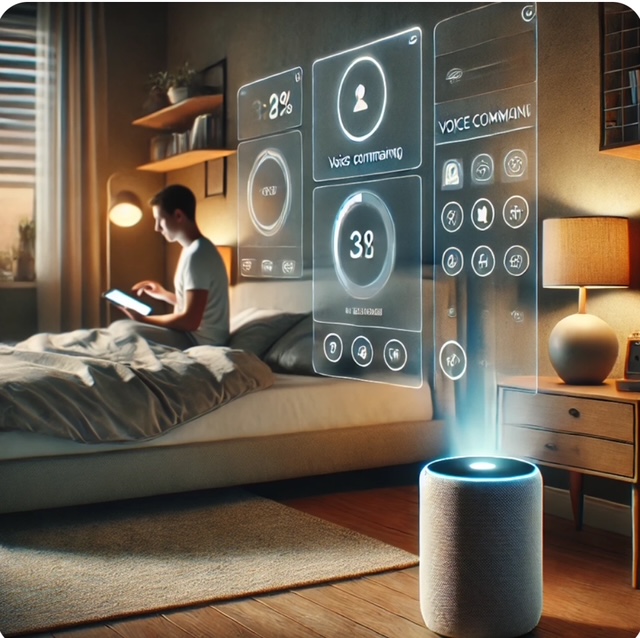
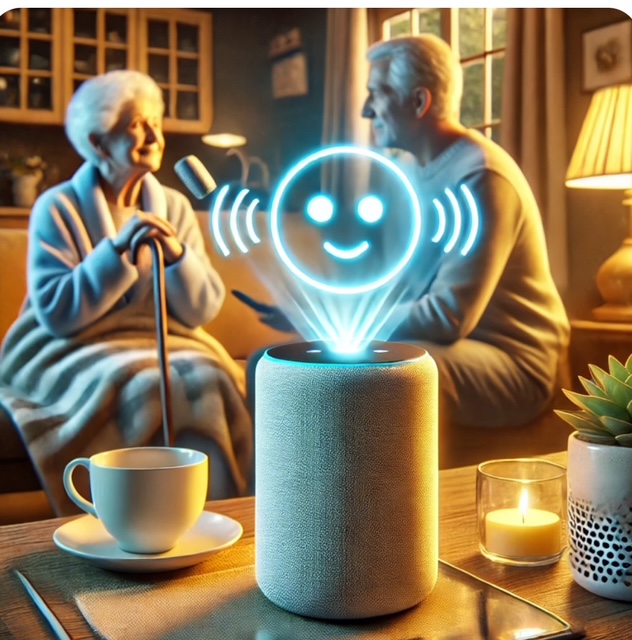

7. Nutritional & Dietary Support Personalized meal planning :
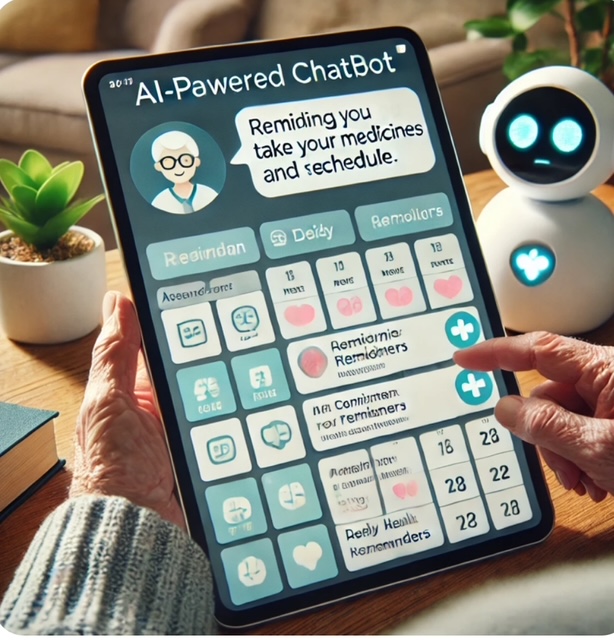


8. Physical Therapy & Mobility Programs On-site or tele-rehabilitation:
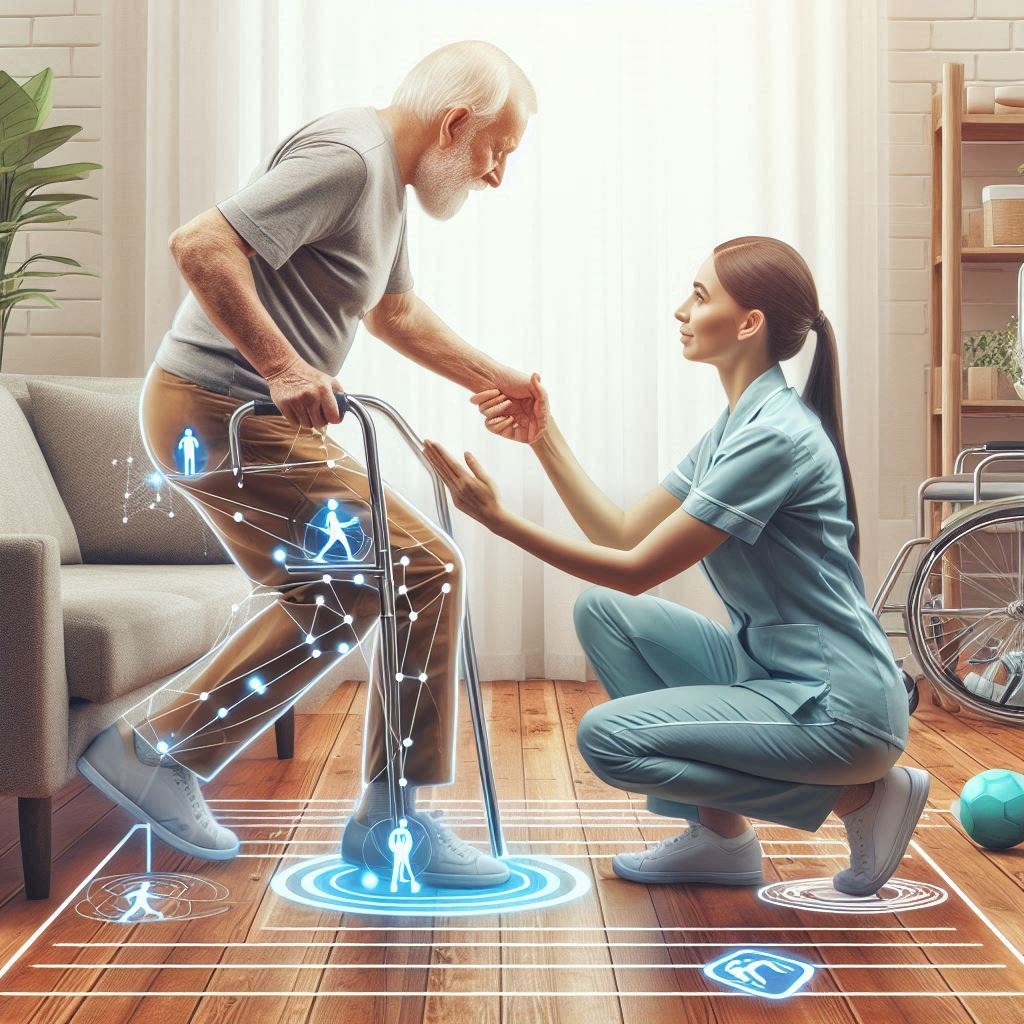
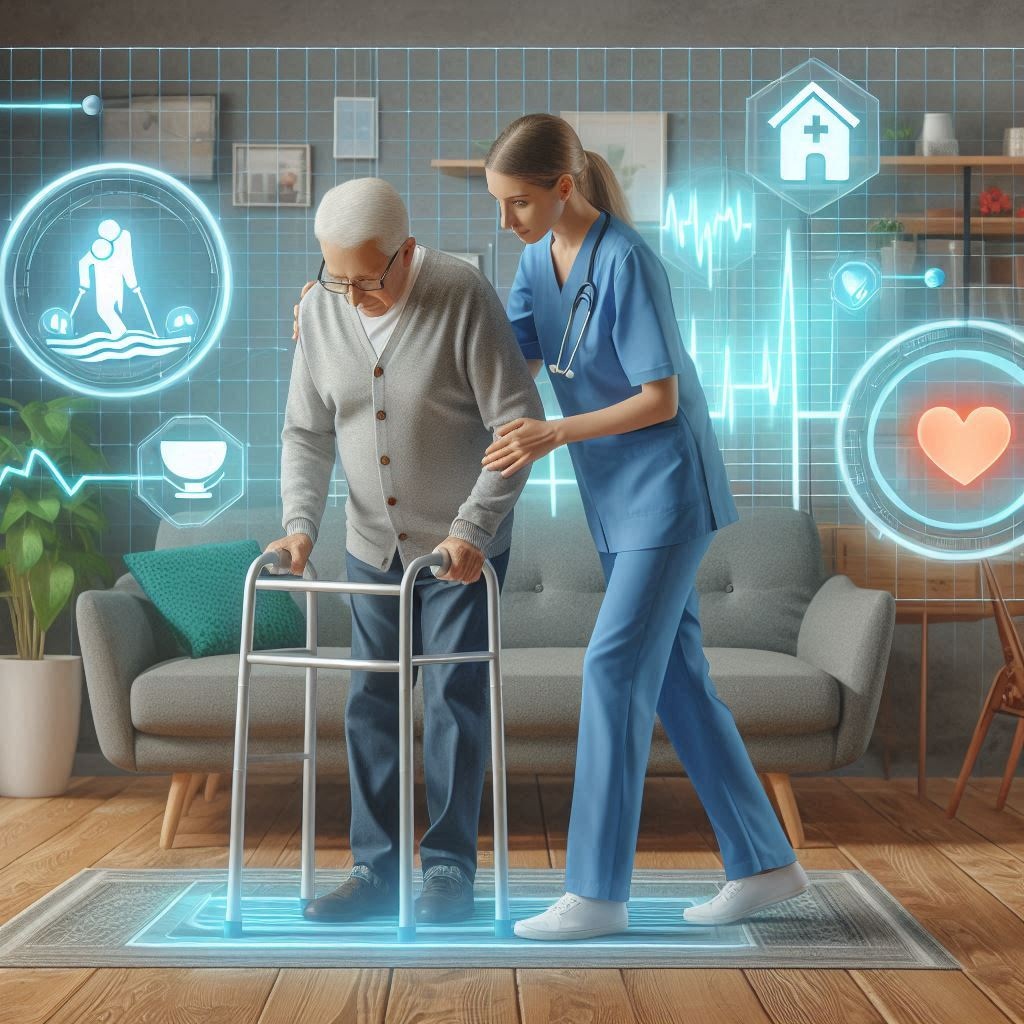
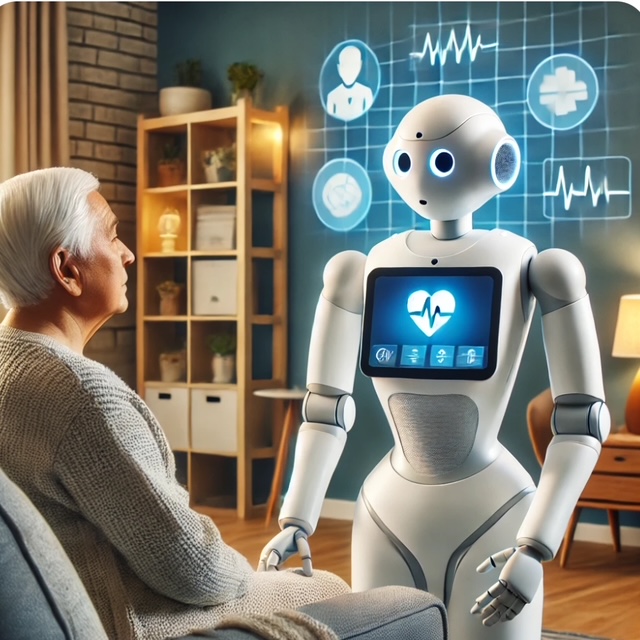
9. Administrative & Financial Assistance Help with insurance claims, billing :
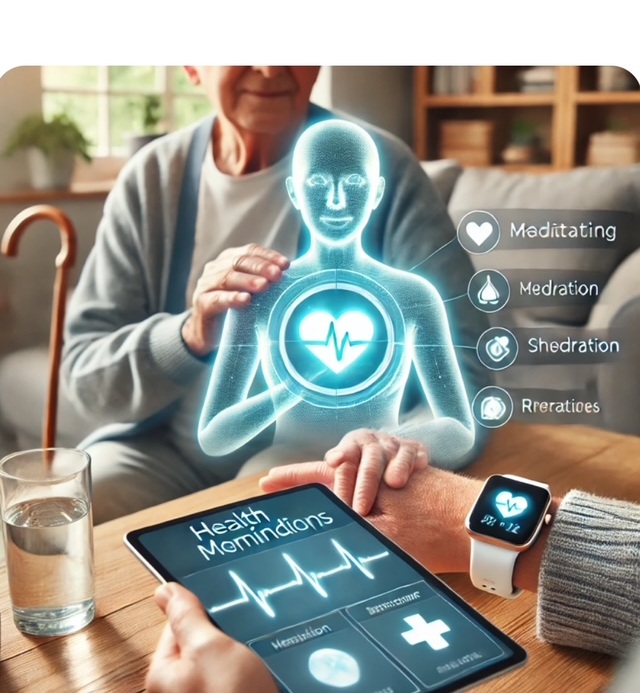
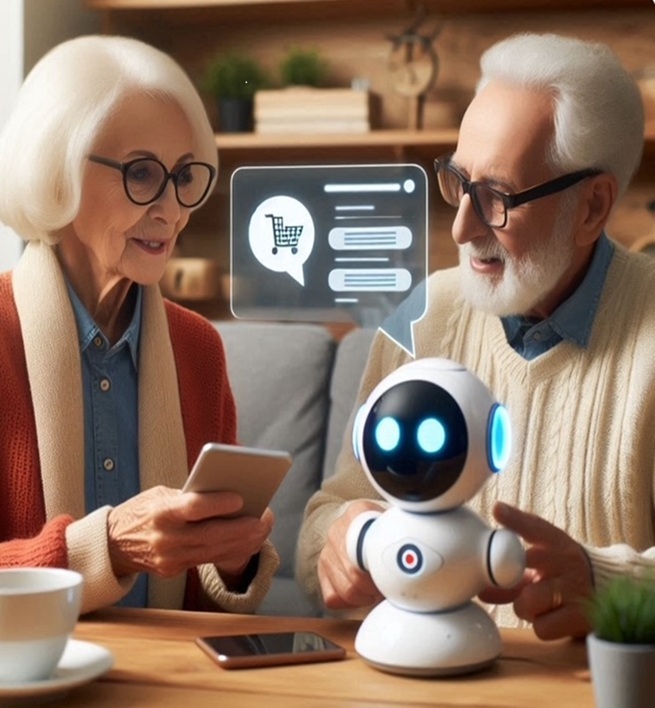

10. Family Engagement & Remote Involvement :
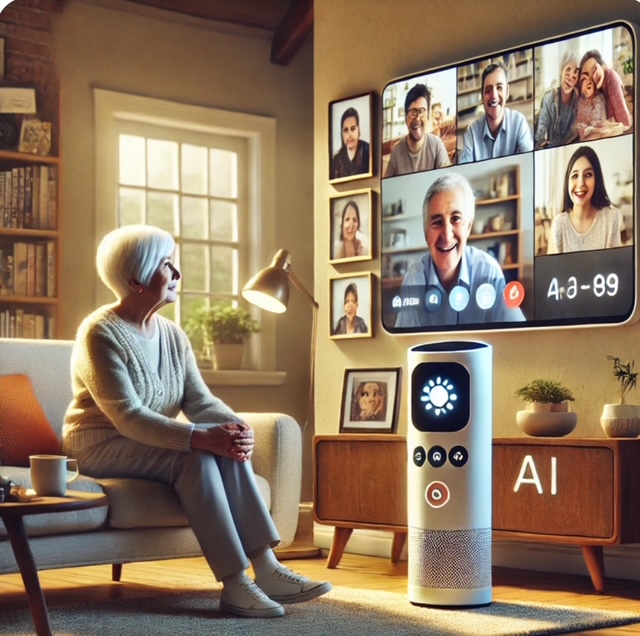
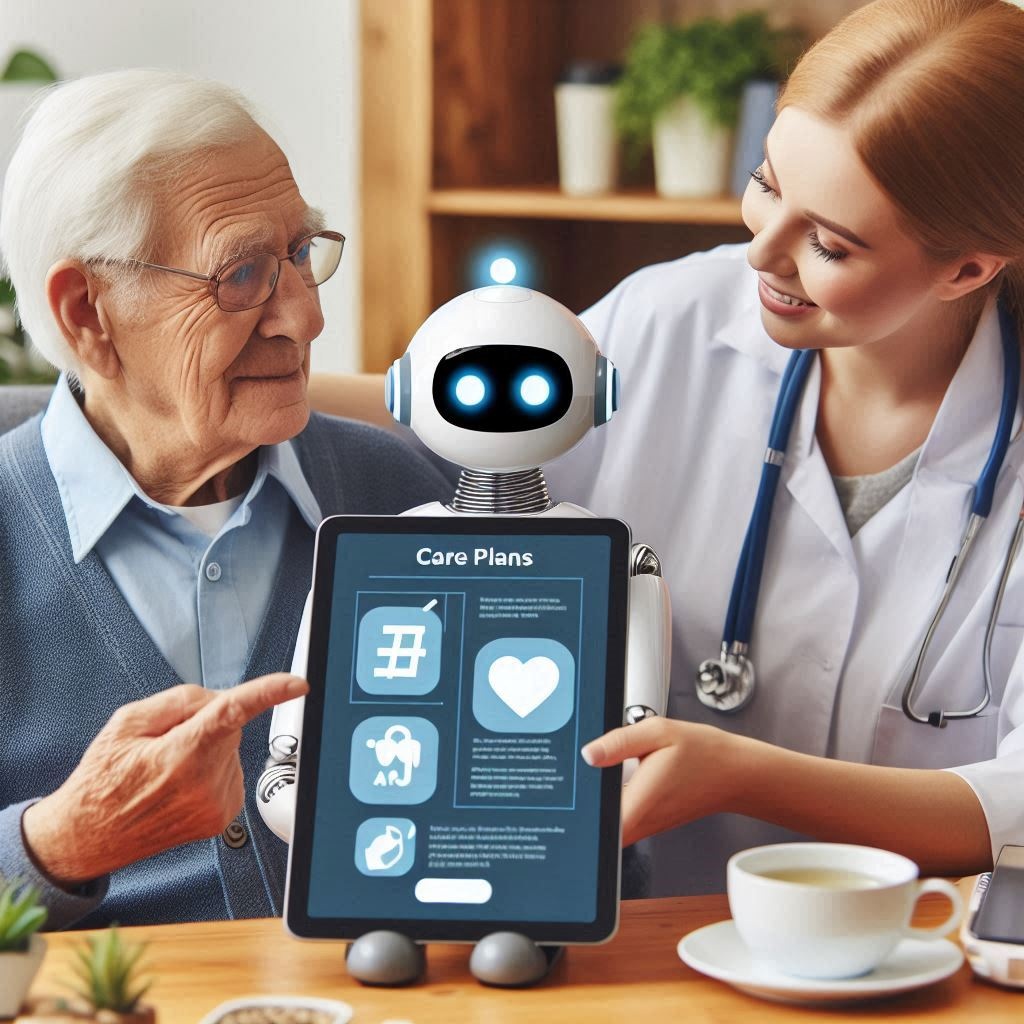

11. Multilingual & Culturally Responsive Services:
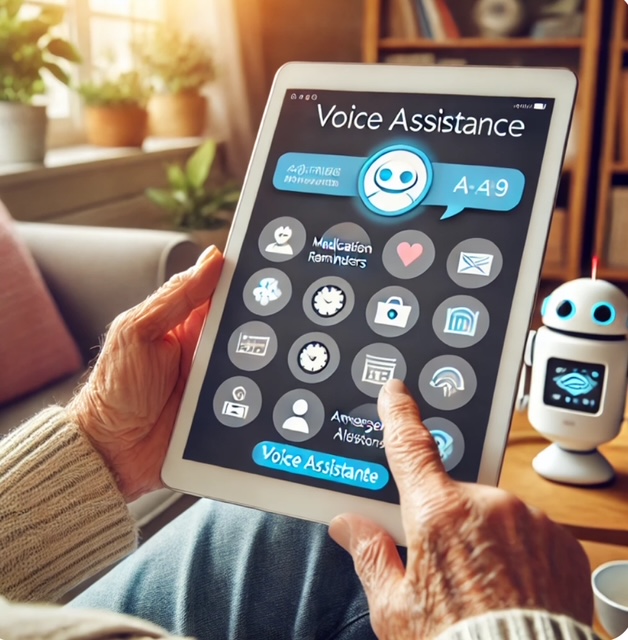

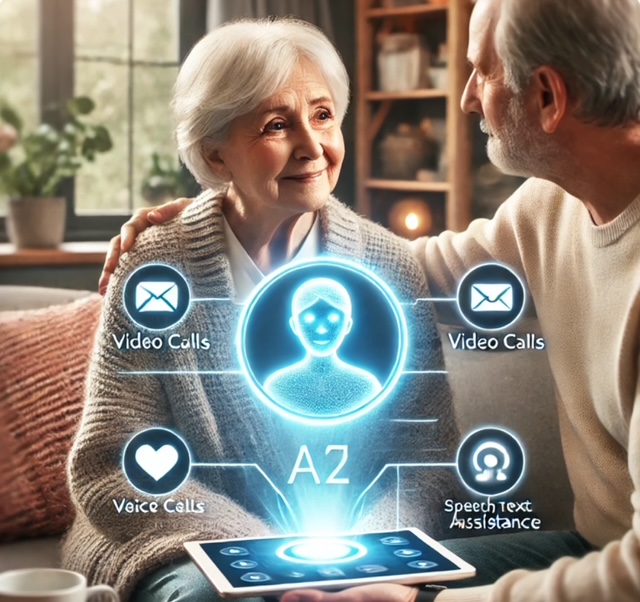
12. Grievance Support & Help with Practicing Religion :



